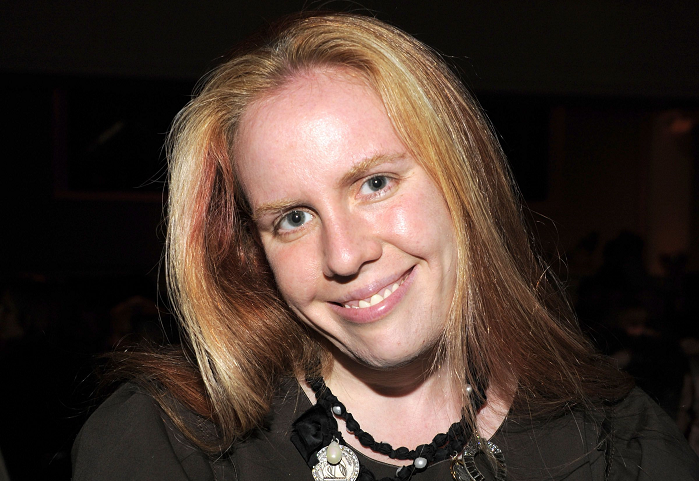Molly Jong-Fast considered aborting her unborn son when doctors thought he might have a terminal illness.
Tests later revealed that he did not have the disease, and Jong-Fast said having him was the “greatest decision” that she ever made. But she also defended second- and third-trimester abortions for women who do not want to care for children with disabilities.
In a column for the Wall Street Journal this week, Jong-Fast criticized a Mississippi law that bans brutal dismemberment abortions. These abortions typically involve tearing a living, second-trimester unborn baby limb from limb while their hearts are still beating.
Jong-Fast claimed that banning these abortions would be a tragedy because the ban basically would prohibit all eugenic abortions. Though prenatal testing is improving, many disabilities cannot be diagnosed with certainty until the second trimester or later.
The New York City mother pointed to her own son as a reason for supporting abortion.
Fifteen years ago, Jong-Fast “accidentally” got pregnant. Because she was fairly young, some people suggested she have an abortion, she wrote. Instead, she chose life for her unborn son.
“I was delighted to see the fetal heartbeat and that little round smudge of a nose,” she said, recalling her first ultrasound. “The doctor did some routine blood work. Later I got a call from a nurse: I needed to come in.”
Once at the doctor’s office, the doctor told her and her husband that their baby was at risk of a terminal disease.
Click Like if you are pro-life to like the LifeNews Facebook page and receive the latest pro-life news.
“You both carry a Jewish genetic disease called Canavan’s,” the doctor told them. “Canavan’s is fatal. Canavan’s babies don’t live past 5 years old. Since you and your husband are carriers of Canavan’s, you have a 1 in 4 chance of having an affected fetus. You cannot carry an affected fetus to term. The fatality rate for Canavan’s disease is 100%.”
Immediately, the doctor assumed they would want an abortion. She told the couple that they could undergo testing and find out for sure if their unborn baby had the disease sometime in the second trimester.
“She paused, then said something that felt like a rebuke: ‘Unfortunately, I’m not trained to do second-trimester abortions, so you’d have to find someone else,’” Jong-Fast wrote.
Tears and agony followed. Jong-Fast said she grew up in a family of “well-educated,” pro-abortion feminists, and she and her mother often talked about “choice.” But she said she never had expected to be considering abortion herself.
“For the next 10 days I thought about the idea of getting rid of a baby I had grown to want desperately,” she wrote. “A Canavan’s baby would have seizures, its brain would deteriorate, it would become paralyzed and blind, and eventually it—he—would die. He would spend years in agonizing decay, and we’d have to watch every day of it.”
She considered her own pain in watching her child suffer, but one has to wonder if she also considered the joys that a child with disabilities also experiences in life or the horrendous pain that they could experience in an abortion. No matter how long a child lives or how sick he is, every child deserves the right to life.
That doctors encourage these eugenic, discriminatory abortions is doubly tragic. Many families report feeling pressured to abort unborn babies with disabilities that are not fatal – including Down syndrome and even cleft palates. But these babies, though not yet born, are just as valuable as born children with disabilities. They deserve the same respect and freedom from discrimination.
Fortunately, Jong-Fast’s son did not have the disease. He now is 14 years old, and treasured by his mother.
“Having him was the greatest decision I ever made, but being forced to carry a terminally ill baby would have been the greatest tragedy of my life,” Jong-Fast concluded. “That is why I am committed to keeping second-trimester abortions safe and legal.”
It is not a tragedy to allow a child to live, to provide life and love to a child with special needs. Real tragedy is destroying a child’s life before he or she gets the chance to experience those things.








